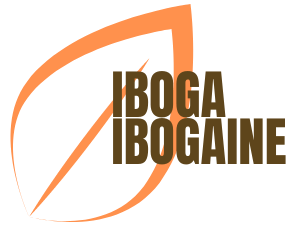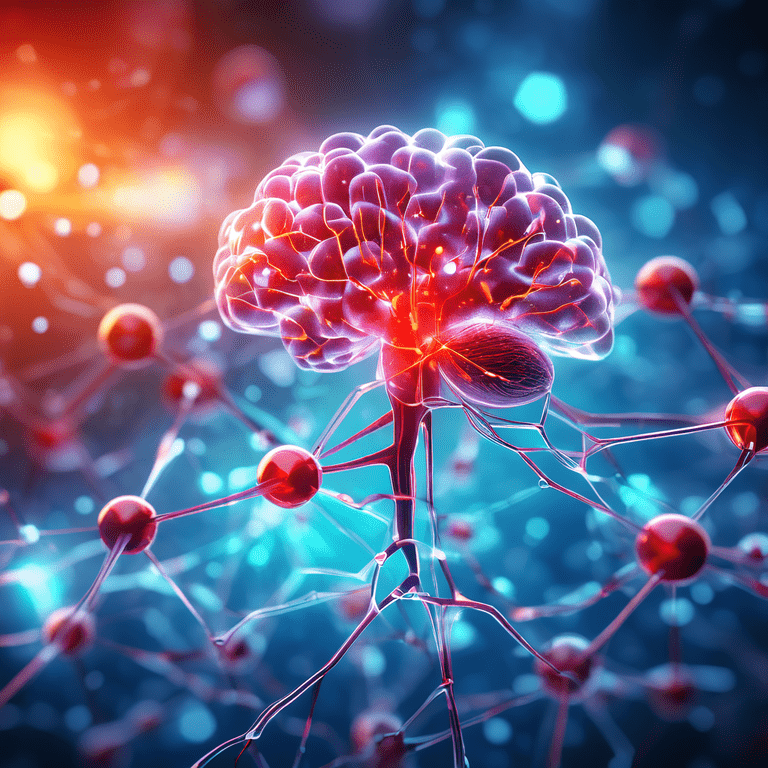Ibogaine as an Addiction Treatment: Efficacy and Considerations
Ibogaine as an Addiction Treatment: Efficacy and Considerations
Introduction to Ibogaine
Ibogaine is a psychoactive alkaloid derived from the root bark of the Tabernanthe iboga plant, native to West Africa. It has a long history of traditional use in spiritual rituals and ceremonies among indigenous peoples. In recent years, Ibogaine has gained attention for its potential to treat addiction to substances such as opioids, cocaine, and alcohol.
Mechanism of Action
The exact mechanism of Ibogaine’s action in the brain is not fully understood, but it is believed to modulate various neurotransmitter systems, including serotonin, dopamine, and glutamate. By targeting these pathways, Ibogaine may help reset the brain’s reward system, alleviating withdrawal symptoms and cravings associated with addiction.
Efficacy as an Addiction Treatment
Several studies and anecdotal reports suggest that Ibogaine can be highly effective in treating addiction. It has been shown to interrupt addictive patterns and reduce cravings, leading to long-term abstinence in some individuals. Compared to traditional addiction treatments, Ibogaine offers a unique approach by addressing both the physical and psychological aspects of addiction simultaneously.
Considerations Before Using Ibogaine
Before undergoing Ibogaine treatment, it is essential for individuals to understand the potential risks and considerations involved. Ibogaine can cause adverse effects such as cardiac complications, hallucinations, and psychological distress, especially in individuals with pre-existing medical conditions. Therefore, thorough medical screening and evaluation are necessary to ensure the safety of patients.
Medical Supervision and Aftercare
Due to the potential risks associated with Ibogaine treatment, medical supervision by trained professionals is paramount. Patients should undergo monitoring throughout the treatment process to manage any complications that may arise. Additionally, comprehensive aftercare programs, including therapy and support groups, are essential for sustaining long-term recovery post-treatment.
Legal Status and Accessibility
The legal status of Ibogaine varies significantly across countries. While some nations have legalized its use for medical purposes, others classify it as a controlled substance, limiting its availability. Accessibility to Ibogaine treatment can also be challenging due to regulatory restrictions and the lack of trained providers in certain regions.
Personal Testimonials
Many individuals who have undergone Ibogaine treatment report positive outcomes, citing reduced cravings, improved mood, and a renewed sense of purpose. However, it’s essential to acknowledge that not everyone experiences the same results, and individual responses to Ibogaine can vary widely. Some individuals may face challenges during the treatment process, including psychological discomfort and emotional processing.
Cost of Ibogaine Treatment
The cost of Ibogaine treatment can vary depending on various factors, including the clinic or treatment center, the duration of treatment, and additional services provided. In general, Ibogaine treatment tends to be expensive, and it may not be covered by insurance plans. However, some facilities offer financing options or sliding scale fees to make treatment more accessible to individuals in need.
Future Research and Development
Despite the promising results of Ibogaine treatment, further research is needed to fully understand its mechanisms of action and potential applications. Ongoing studies are exploring alternative forms of Ibogaine administration, such as microdosing, as well as combination therapies to enhance its efficacy and safety profile. Additionally, efforts are underway to address regulatory barriers and expand access to Ibogaine treatment for individuals struggling with addiction.
Conclusion
Ibogaine shows promise as a unique and potentially effective treatment for addiction, offering a holistic approach that targets both the physical and psychological aspects of substance dependence. However, it is not without risks, and careful consideration should be given to safety protocols and medical supervision before undergoing treatment. With further research and development, Ibogaine may emerge as a valuable tool in the fight against addiction.
FAQs
- What is Ibogaine? Ibogaine is a psychoactive alkaloid derived from the root bark of the Tabernanthe iboga plant, known for its potential to treat addiction.
- How does Ibogaine help in treating addiction? Ibogaine is believed to modulate neurotransmitter systems in the brain, resetting the brain’s reward system and reducing cravings associated with addiction.
- Are there any side effects of Ibogaine treatment? Yes, Ibogaine can cause adverse effects such as cardiac complications, hallucinations, and psychological distress, especially in individuals with pre-existing medical conditions.
- Is Ibogaine legal everywhere? No, the legal status of Ibogaine varies across countries, with some nations legalizing its use for medical purposes while others classify it as a controlled substance.
- How much does Ibogaine treatment cost? The cost of Ibogaine treatment varies depending on factors such as the clinic, duration of treatment, and additional services provided. It tends to be expensive and may not be covered by insurance.








